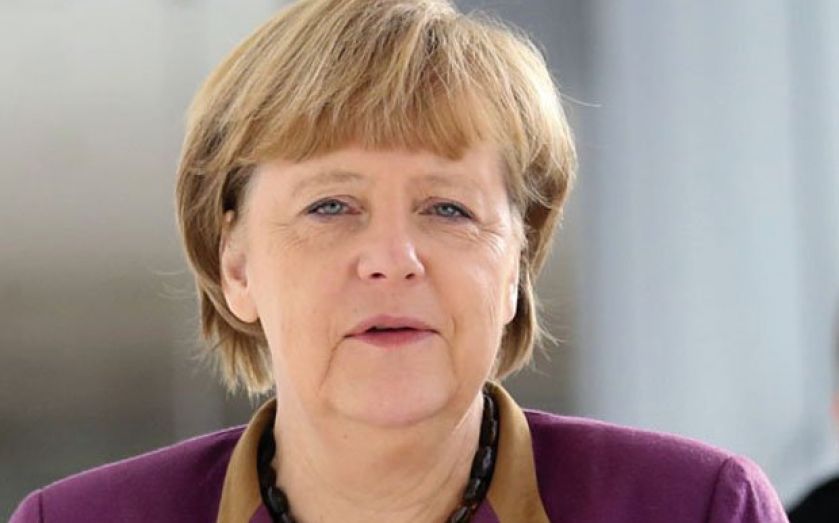Weak German outlook bodes ill for Eurozone

German businesses are at their most downbeat in almost two years, influential survey data showed yesterday, indicating the driving force behind any Eurozone recovery may itself be running out of steam.
European Central Bank boss Mario Draghi offered further reassurance that interest rates would remain at rock bottom.
His intervention helped push up shares and push the euro down against the dollar.
German firms’ optimism for the future fell for the fifth consecutive month – the Ifo’s expectations index slumped to 99.3. The reading is below to 100 benchmark set in 2005, and is down sharply from this year’s high of 108.8 set in January.
Economists had already expected slow German growth of just 0.3 per cent for the final quarter of the year – but now even that modest prediction looks like it might be too high.
“The Eurozone’s biggest economy has reached a dangerous stage between soft spell and longer-lasting almost-stagnation,” said ING’s Carsten Brzeski. “The German economy is split in two: a strong domestic economy, backed by record-high employment, gradually increasing wages and a booming construction sector, and at the same time a stagnating external partner.”
Draghi stepped in to promise sustained monetary support.
“Monetary policy will remain accommodative for a long time… the governing council is unanimous in committing itself to using the tools at its disposal to bring inflation back to just under two per cent,” he told Europe 1 radio. And he said cuts to taxes and bureaucracy would also help the recovery take hold.
Meanwhile, the number of jobseekers in France fell back by 11,100 from last month’s record high, to 3.4m, official figures showed.
Shares on the EuroStoxx 50 increased by 1.19 per cent while the euro fell 0.17 per cent against sterling to £0.78.